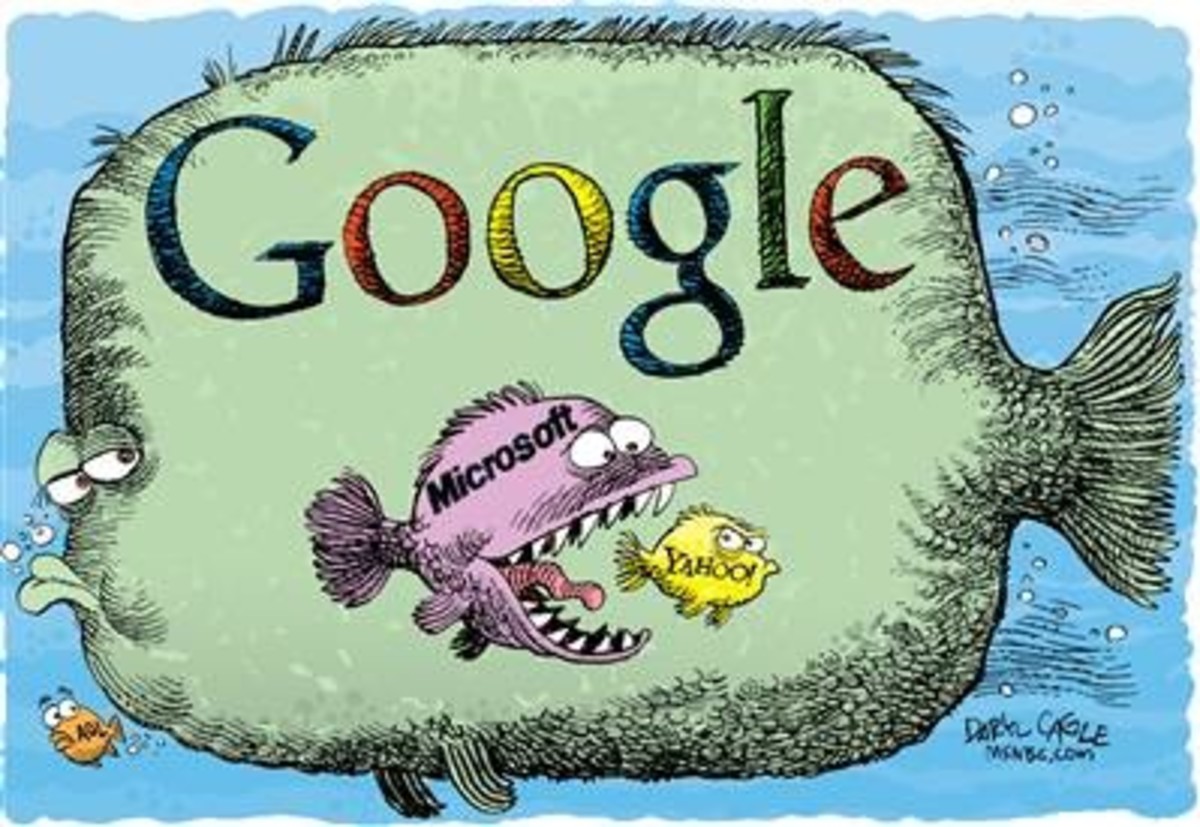The Ever Changing World of SEO
SEO or Search Engine Optimization is one of the most interesting areas which is constantly changing. 10 years back optimizing a website for any search engine was one of the easiest thing as you could easily achieve this by doing some simple tips on the website. But things have really changed since then and these days optimizing a website is not a kids play anymore.
When I started off with SEO early in my career, it seemed to be a easy career option with very little challenge and I was able to rank almost all the websites for all the major keywords without any hard work. Just stuffing the keywords in the Title tag and Meta tags simply did the work for me. Gradually I was forced to optimize the images using the ALT tags when there was a slight increase in the SEO competition.
When the search engines tightened their screw, we did some content optimization stuffs and got our site on the top of the search results. All these times, we also managed to get some backlinks from any website, which again boosted the search engine ranking. At this point of time, people started exploiting the situation and started implementing all the black hat SEO strategies which again forced the search engines to tighten their algorithm
After some time Google started penalizing website using the black hat strategies and also brought some limit on the keyword density of a webpage. Again many SEO professionals started spamming the SEO elements and the search engines, especially Google had to take some harsh decision to prevent the spamming activities. At this time people started using link building by making their major keywords as the anchor text. They did this in a great way by submitting the sites to a huge amount of directories with their major keywords as the anchor text. Initially this paid off well and we were able to get top rankings for our major keywords.
A lot of web directories started surfacing and most of them were of low quality and did not have any page rank. People started submitting in these directories in the hope of getting better search engine ranking and initially it worked out. But at one stage Google started devaluing the directories with low quality content and low page rank, and the sites submitted in these websites did not get any search engine values. As a result a large number of websites which previously ranked better for the major keywords, start dipping and the traffic fell considerably for those website.
Now people started submitting in only quality directories, but this was really difficult as most of the quality directories were either paid or would approve the submissions after high level moderation. Still people continued with other link building activities such as link exchanges, article submissions, forum submissions, blog commenting etc. Google figured out the link exchange system and started penalizing website that engaged in high level link exchange and link trading activities.
By this time the Web 2.0 arrived and the social media sites took its own place on the internet. Now Google started ranking websites having a strong presence in the major social media sites and as a result people started going after such sites and the social media spamming started. Google brought an end to this spamming to some extend by implementing some major changes in its algorithm. The Google real time searches added more value to the social media marketing activities.
Meanwhile Google also brought the site relevancy when it came to keyword ranking and this brought a tough job to the webmasters. Google also started website having duplicate content and hence the content spamming also came to an end. Google started showing more relevant and quality search results and SEO professionals had to sweat hard to bring rankings to their website.
And more recently Google also started considering the site's user friendliness and navigational structure when it comes to ranking websites. This has made the job harder for webmasters, but for the users they are able to see more accurate and relevant results for their search queries. Such regular updation by the search engines would make the advantages of online marketing and SEO activities more fruitful with relevant search results.








